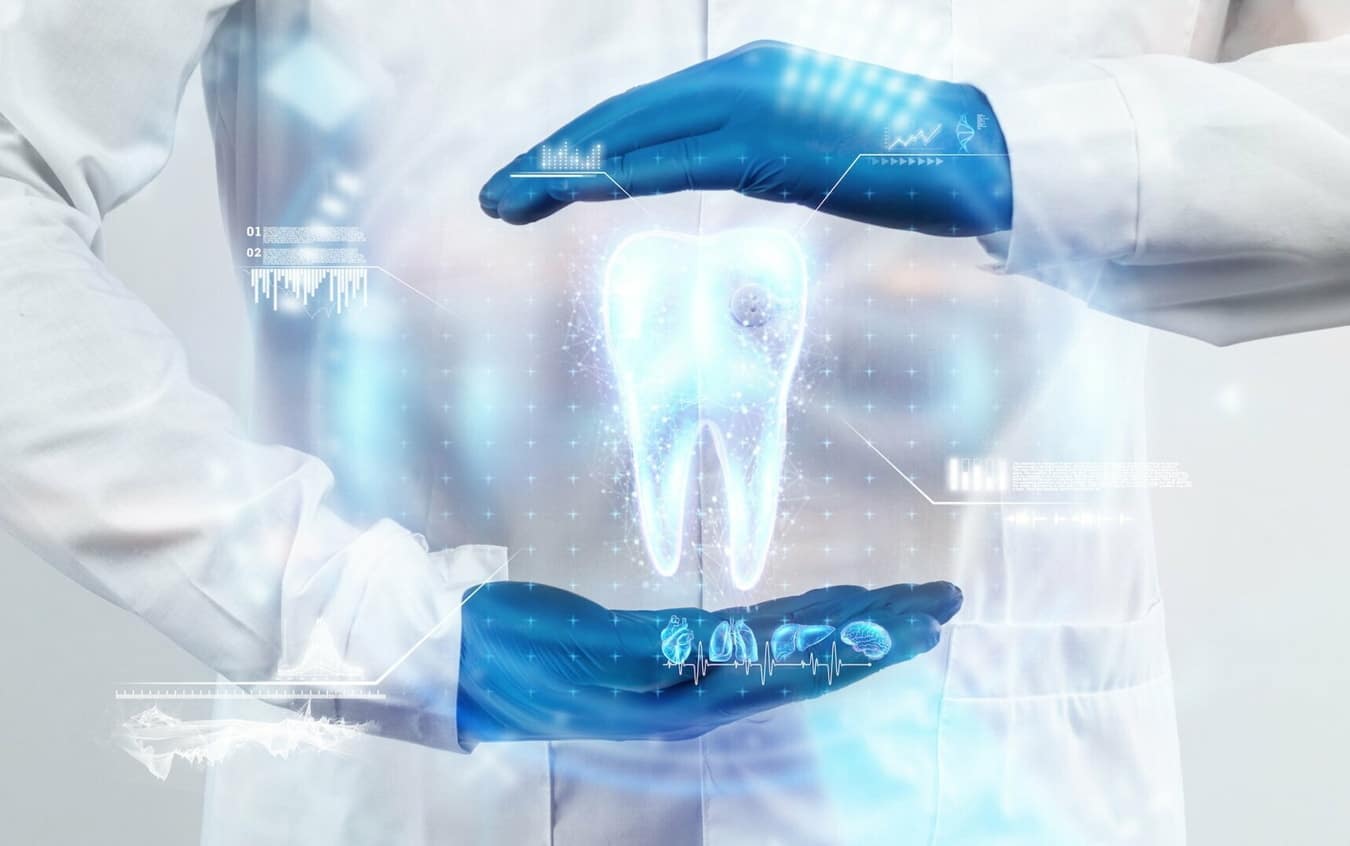Are you in search of some worthwhile information about becoming a dentist? There are myths floating around online and elsewhere, and plenty of misinformation has made its way into the general media and public perception about what it takes to become a practicing dental professional. While undergraduate grades are a part of every dental school applicant’s file, they rarely serve to make or break a candidate’s admission chances. It’s essential for college students to know that there are all sorts of ways to finance a professional dentistry education.
While the field focuses on one general area of the human body, the business includes a wide array of services and treatments. However, it is imperative for future practitioners to know how to structure their collegiate courses, select majors, target specific classes, and otherwise prepare for the DAT (Dental Admission Test). Review the following points to gain an understanding of how to do well on the DAT, get into the dentistry school of your choice, and succeed academically and professionally.
Grades Play a Limited Role in Long-Term Success
Far too many future dentistry practitioners lose sleep over grades. It is important to apply yourself to coursework and perform well in as many classes as possible. But that’s a tenet of success for those on any professional path. For those who wish to become dentists, it helps to realize that individual class grades do play a limited role but are not very good at predicting how good of a dentist you’ll be.
Admissions teams at post-graduate institutions know this too and are more concerned about applicants’ overall academic performance, the general trend in grades during a four-year undergraduate program, and other factors. So, don’t stress about grade point averages or an occasional blip on your academic record. It’s more important to focus on the pre-dental courses and prepare to sit for the DAT.
Loans Are Available for Applicants
Getting and paying for dental credentials are not simple tasks. Academic effort aside, financing professional school can be a costly affair, no matter which institution a person attends. For those on the path toward a long-term career as dentists, a private student loan is the answer. Applying for loans is easy and can be done entirely online. Results and decisions don’t take long either, which means people find out quickly how much they can borrow. Because it takes several years to finish schooling before entering the working world, loans are the most efficient way to pay for all the related expenses of the educational journey. The smartest way to proceed is to apply as early as possible, complete online documents accurately, and use the funds to pay for tuition and other relevant expenses.
Honors Classes & Tough Majors Don’t Impress Dental Schools
Admissions committees don’t give much weight to a student’s undergraduate major or the number of honors classes a person took. Of course, the pre-dental coursework, which consists of about a dozen prerequisites, carries far more weight in the eyes of those who decide who gets into dentistry schools. But don’t waste time or effort struggling through a demanding major like physics or chemistry. Likewise, don’t load your schedule with honors courses to bolster an academic resume.
There Are No Required Majors for College Students
Should you major in science if your career choice is the dental profession? Not necessarily. While many candidates opt to focus on science-related courses, it’s only wise to do so if that subject interests you. For those who thrive by choosing majors in music, English literature, math, physical education, engineering, or anything else, it’s worthwhile to do so. If you complete the dental-related prerequisites, you can major in any subject at all. Plenty of grads enter professional schools with majors in subjects like linguistics, economics, business, and anthropology. Note that because of its obvious worth for building a financially successful practice, a business concentration can serve future practitioners well.

There’s No Genius Requirement for Dentistry
Just as future lawyers and doctors need not be geniuses, future dentists don’t have any IQ requirements for success. The truth in all three of those professions is that a solid academic background, an interest in the subject matter, and a good business sense are three of the most useful qualities for attaining long-term success as practitioners. Geniuses tend to lack communication and social skills.
Many excel in certain kinds of college coursework but fall behind in real-world professions where the application of knowledge is of paramount importance. In a similar way, DAT scores are not deal breakers for applicants. Most admissions panels view the DAT as a pass-fail test and don’t give much importance to specific numerical scores. The goal for undergraduates should be to complete the dentistry prerequisites, earn a commendable GPA, take part in one or two extracurricular activities, and do well on the DAT.

